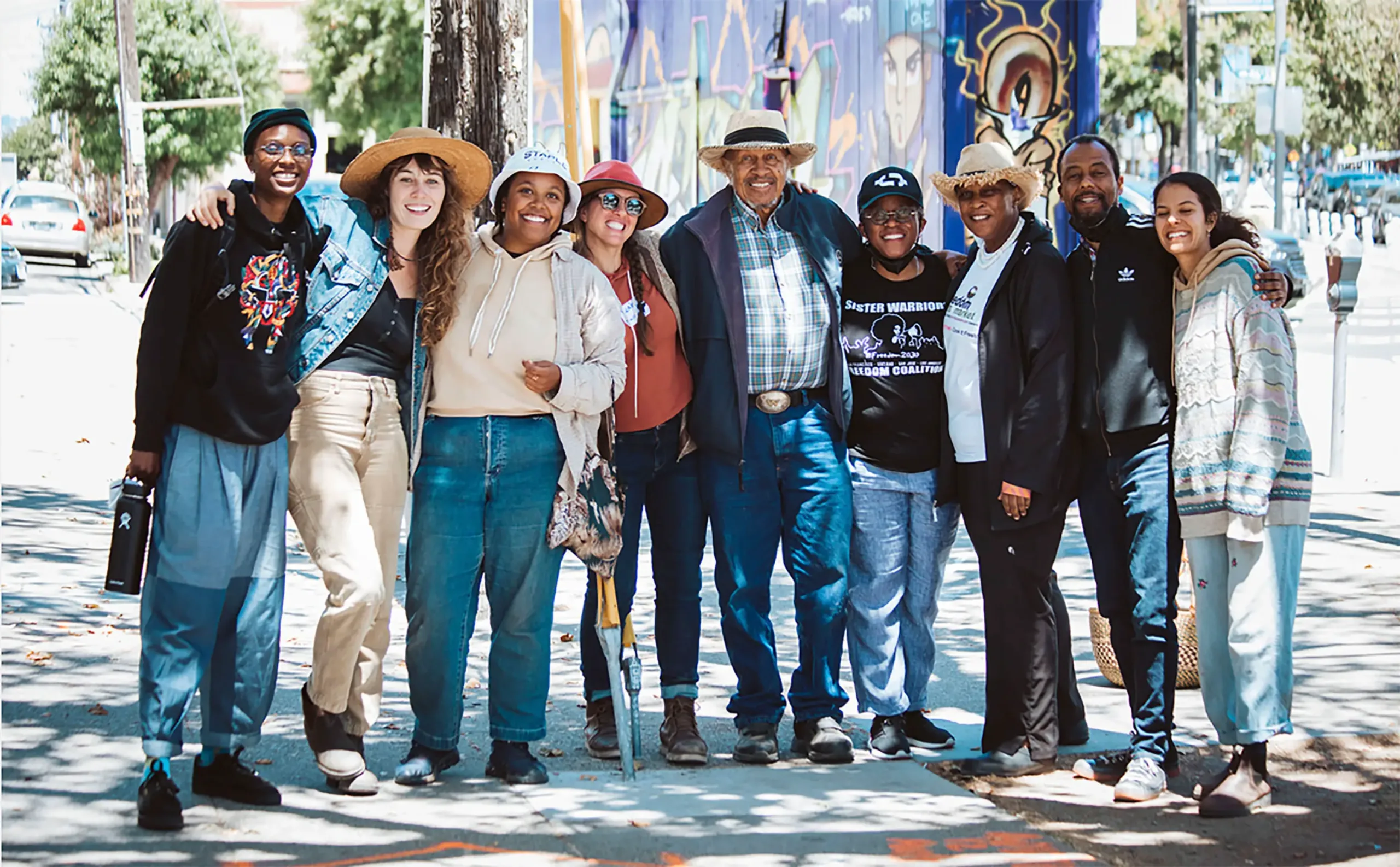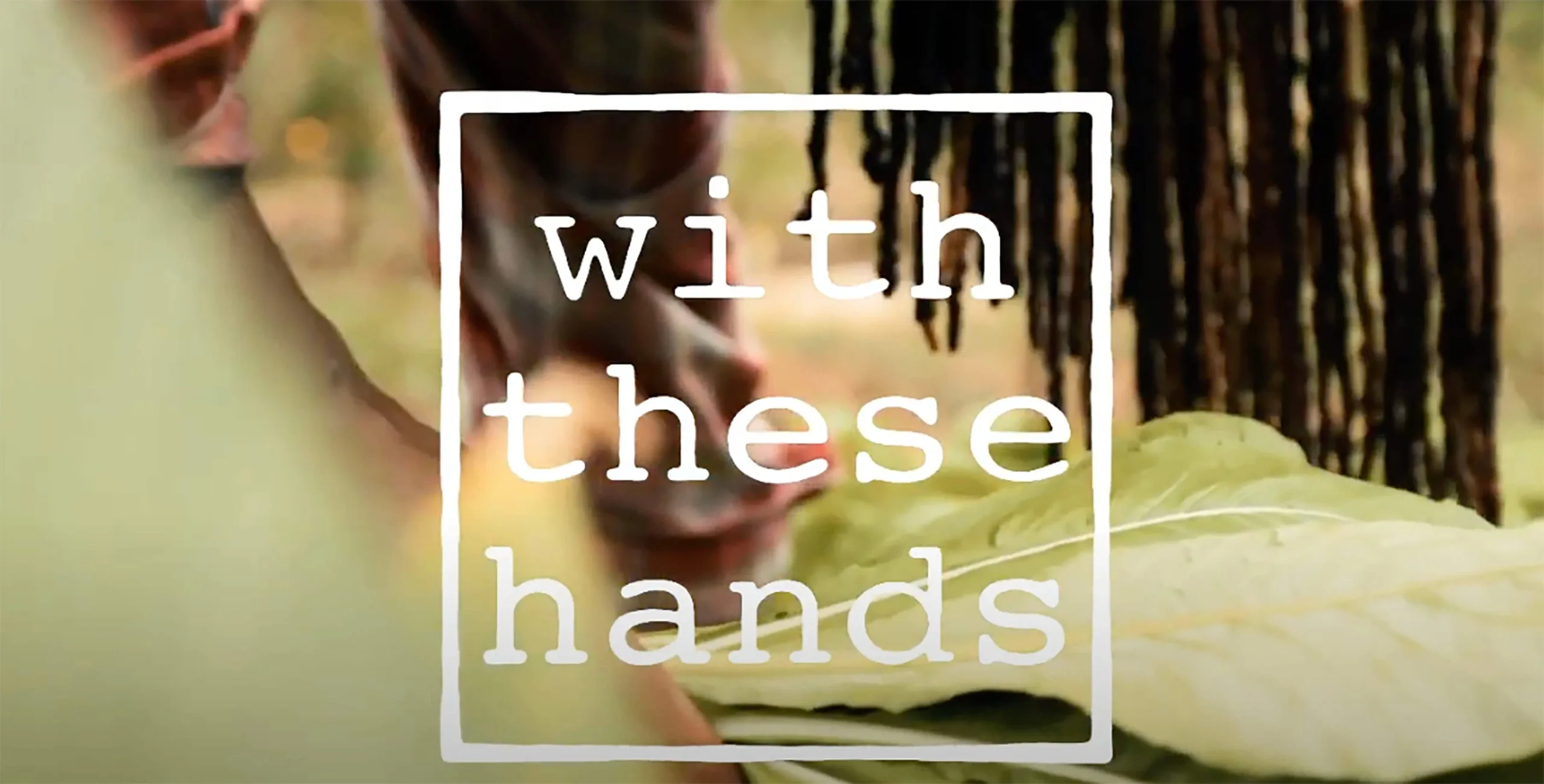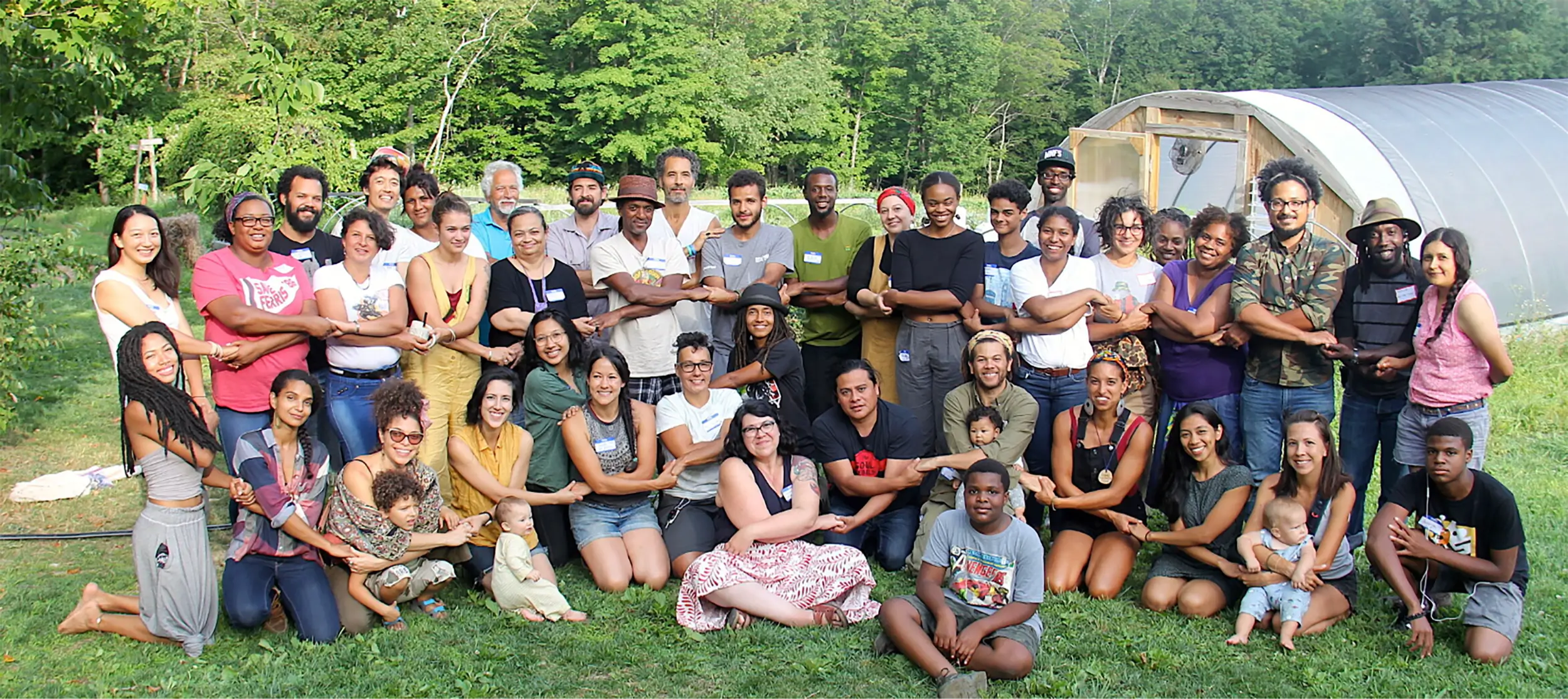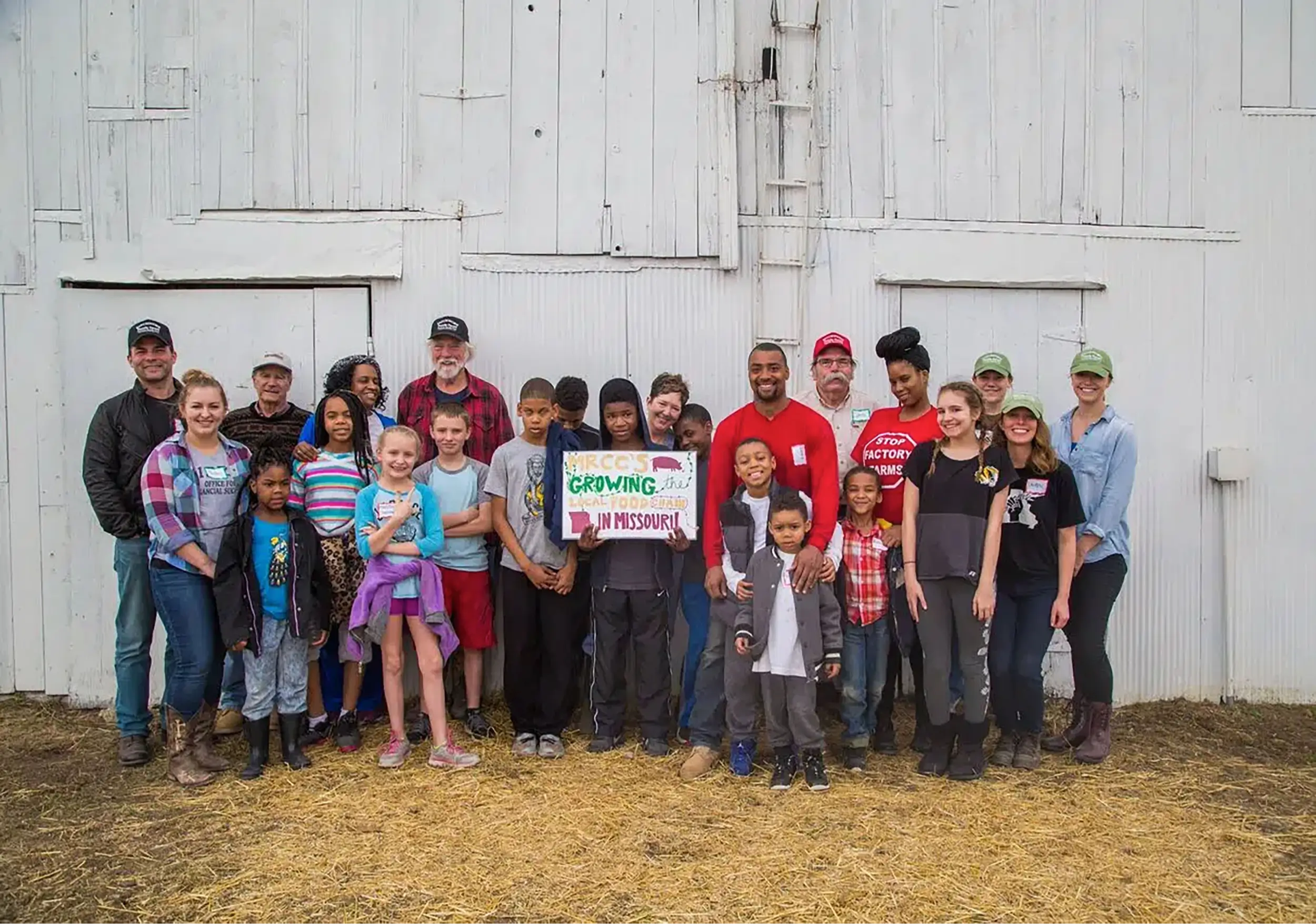Spotlights Agroecology Commons
Cultivating the Commons: Seeding Agroecology
Agroecology Commons came together as a collective of individuals who share deep resonance for the connection between land and liberation. Coming from backgrounds as farmers, educators, artists, and cooperative business owners, they share a commitment to agroecological land stewardship and justice. Their work is rooted in Indigenous, peasant, and community organizing lineages, that for time immemorial have protected land and agroecological practices. Agroecology Commons cultivates knowledge sharing, community action, and global solidarity for decolonized land stewardship, collective healing, and justice within the food movement. Wildseeds Fund has supported Agroecology Common’s communications capacity building and organizing for popular education rooted in farmer-to-farmer exchange, equity-centered apprenticeships for QBIPOC farmers, and global solidarity through multicultural networks focused on food sovereignty, land-based healing, and collective liberation.
We see our role in supporting change as rooted in building cooperative relationships and networks for the horizontal exchange of technical agroecological farming and marketing skills, and for political education that encourages strategy building and the critical analysis of injustices within the food system. We are committed to the formation of popular education models and of cooperative practices and networks for regenerative land stewardship and rematriated land commons for equitable, agroecological, and healing food systems.
Project Objectives
- Communications training and plan development
- Farmer apprenticeship and storytelling
- Farmer to farmer mobilization
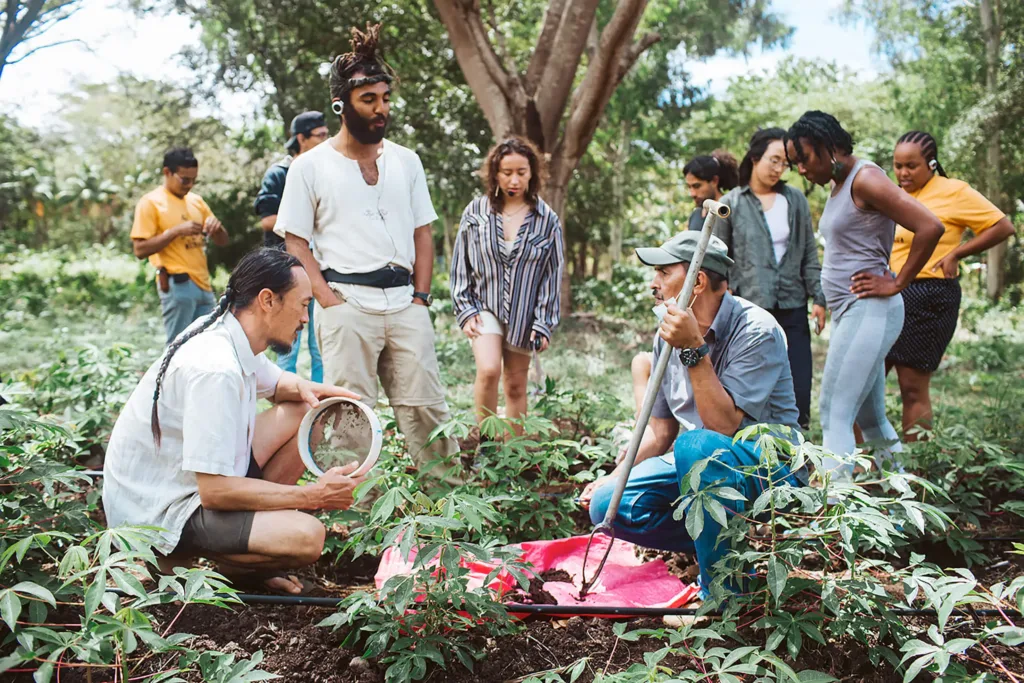
I was amazed to learn about the farmer cooperatives which work across the whole country. The spirit of cooperation instead of market-oriented production was refreshing. Visiting the farms, learning about the regenerative agroecological practice.
Impact
In 2022, Agroecology Commons launched their first 200-hour paid apprenticeship program with three California farms in the network. Each of the farm hosts now have handbooks to streamline community agreements and to build on collective knowledge sharing. They have attended communications workshop on topics such as Collaborate to Liberate course, ethical storytelling, and more. As a result of their trainings and communication plan development, collective members have been invited to present, teach and provide thought leadership. Their ability to offer living wages to their apprentices and farm hosts is rare. Agroecology Commons has been advocating that this practice be adopted across apprenticeship programs. These outcomes and more continue to cultivate resources for a building transnational movement and solidarity across movements, including attracting additional investments to buy land.

